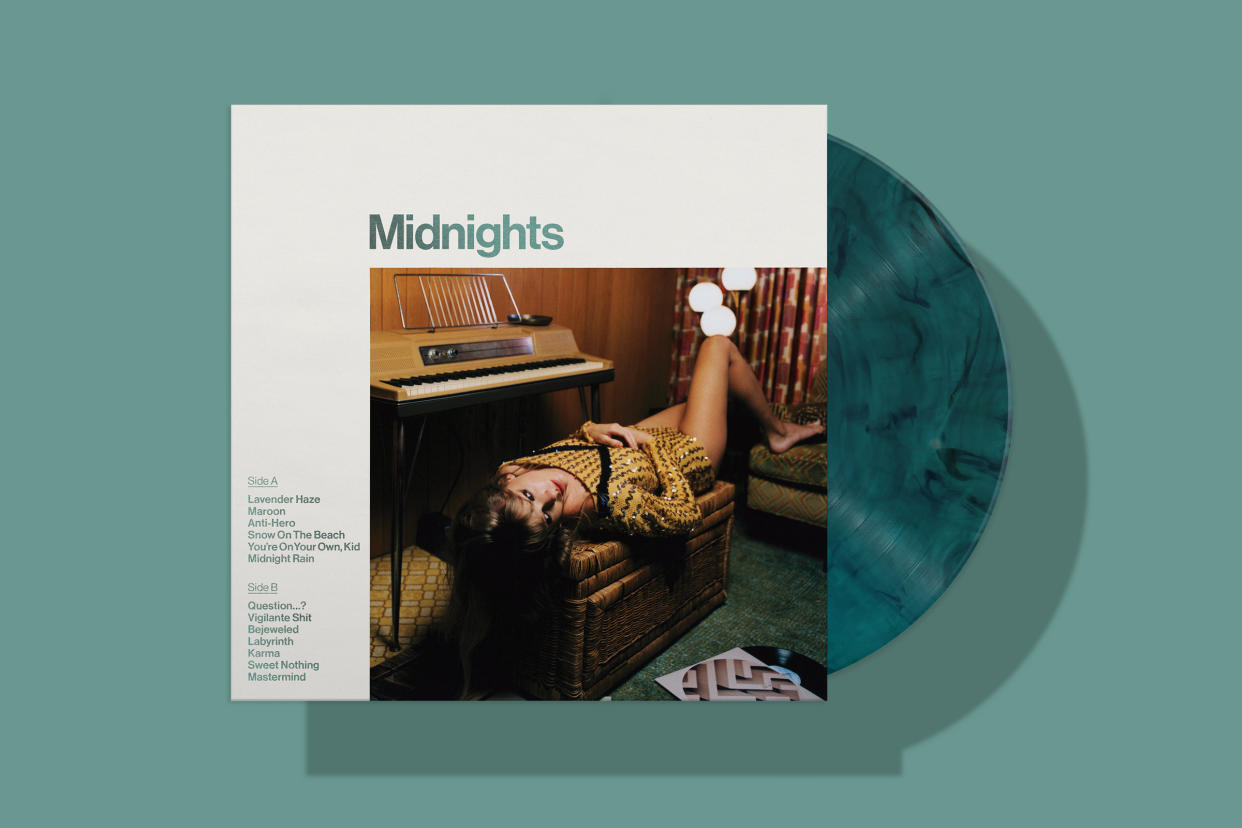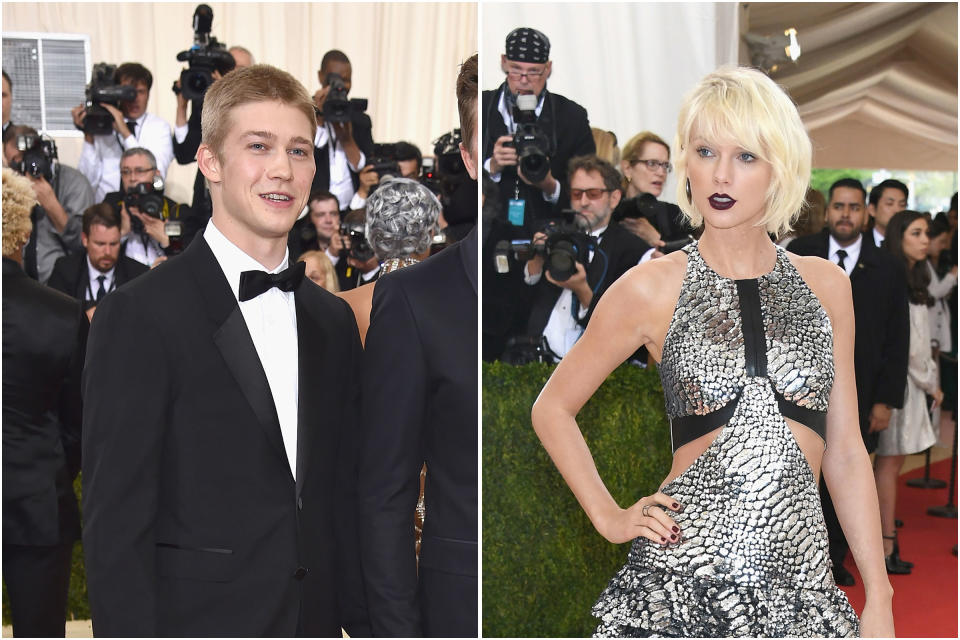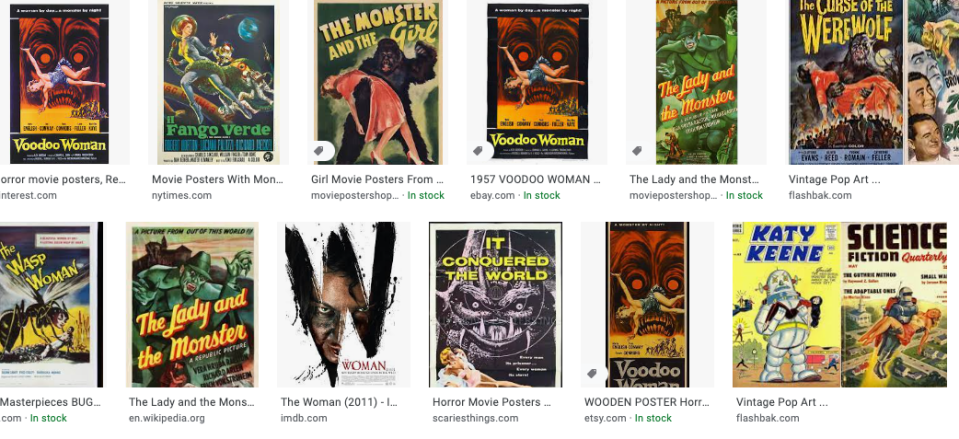A Close Read of Every Line of Taylor Swift's 'Mastermind'

- Oops!Something went wrong.Please try again later.
- Oops!Something went wrong.Please try again later.
"Midnights," Jade Green Edition Vinyl Credit -
The vibe has shifted, and Taylor Swift has retreated from the woods to sulk in her city apartment in the wee small hours of the morning. Her tenth album, Midnights, arrived on Friday, and sounds much different from her previous two albums, folklore and evermore. While those relied on acoustic instruments and barebones production, Midnights shimmers with lush layers of Wurlitzers and digital effects; it’s much more downtempo lounge than cottagecore.
But as ever, Swift laces her lyrics with coded references and brooding poetry, sending her diehard fans scrambling for clues about her romances, legal battles, and general state of mind. While there are several lyrical stand-outs on the record—including “Anti-Hero” and “Karma”—perhaps the record’s most intriguing statement is “Mastermind,” which closes the standard version of the album. (Another version, subtitled “3am Edition,” contains seven additional tracks.)
Sonically, “Mastermind” is fairly representative of the album overall in its whirring arpeggiator, honeyed harmonies, and expansive bass. (The song was written and produced by Swift and Jack Antonoff, who co-produced the entire album and is known for his signature modernized wall of sound.) Lyrically, “Mastermind” shows Swift working on multiple levels—from personal to political—while offering perhaps her most incisive examination of her own public image yet. The song also perhaps reveals the story behind Swift’s first encounter with her partner, the actor Joe Alwyn.
Read More: Let’s Break Down the Easter Eggs and Influences of Taylor Swift’s Midnights
Here, two of TIME’s biggest Swifties dug deeper into the album standout, breaking down the song, line by line.
Once upon a time, the planets and the fates and all the stars aligned/ You and I ended up in the same room at the same time
Since the beginning of her career, Swift’s foremost calling card has been her ability to write timeless love songs that often draw on classic iconography. One of her first big hits, after all, centered on characters named Romeo and Juliet. The first line of “Mastermind” references the same Shakespeare play, once again imbuing a modern meet-cute with an epic aura.
But Swift is not only referencing fables of yore—she’s also nodding to her own catalog. Swift has started two prior songs with the phrase “once upon a time”: “Forever & Always,” from 2008, and “I Knew You Were Trouble,” from 2012. In those songs, though, she’s using the phrase sarcastically, because they quickly turn into scathing breakup anthems. So “once upon a time” is charged with suspense: it suggests a “happily ever after” on its surface, but anyone deeply familiar with Swift’s work would expect it to end instead on the “cold hard ground.”
Then there’s the real-life room of it all: Swift and Alwyn are rumored to have met at the 2016 Met Gala, and there are many rooms there! It’s also the beginning of a love story that she’s alluded to before in her Reputation song “Dress”: “Flashback to when you met me, your buzzcut and my hair bleached.” At the 2016 event, Alwyn’s hair was buzzed short, while Swift was in her bleach-blonde era.

And the touch of a hand lit the fuse/ Of a chain reaction of countermoves/ To assess the equation of you/ Checkmate, I couldn’t lose
“Hand” is one of Swift’s favorite words: she’s sung it over and over, often using it as a signifier of a blossoming romance. (From her 2006 debut album: “He’s got a one-hand feel on the steering wheel/ The other on my heart.”)
Here, she uses a hand touch to kick off another one of her favorite metaphors: love as a battlefield or a chess match. Her romantic interests often turn into adversaries and then back again, with Swift casting herself in various roles in conflict. In “Dear John,” which she wrote near the start of her career, she’s a mere pawn: “I lived in your chess game, but you changed the rules every day,” she sings. In “The Archer,” from 2019, she switches off between being hunter and prey.
There’s no such ambiguity in “Mastermind.” Swift casts herself as a grandmaster toying with her opponent, effectively inheriting the position of power once held by “John.” And while many of her previous lyrics about hands have focused on the effect of a lover’s hand on her, here, it’s reversed: she’s the one wielding her touch to light a fuse. (Yes, there are a lot of mixed metaphors going on here!)
We may never know the full details of what happened at the Met Gala between Swift and Alwyn, but we do know that she arrived that night with her date and former boyfriend Tom Hiddleston. Is Swift suggesting that she was already strategizing her next move? Was she trying to figure out how to end it with Hiddleston in order to pursue her next London boy?
What if I told you none of it was accidental/ And the first night that you saw me, nothing was gonna stop me/ I laid the groundwork and then just like clockwork/ The dominoes cascaded in a line
Swift is slowly building up to a rejection of another one of her most-used themes: fate. She loves singing about destiny out of her control; how individual desires are ultimately no match for grand designs. (“Fatefully/ I tried to pick my battles/ Til the battle picked me,” she sang in 2020’s “Long Story Short.”)
Even when Swift sang about successful romances, they also came with an air of inevitability. Most notably, in 2020’s “invisible string,” she sings of a romance forged out of seemingly random encounters: “Isn’t it just so pretty to think/ All along there was some invisible string tying you to me?”
But in this song, Swift takes full responsibility for the burgeoning romance, placing herself above the whims of the universe.
More from TIME
What if I told you I’m a mastermind? And now you’re mine/ It was all by design/ ‘Cause I’m a mastermind
Here’s where this song about a relationship becomes something more: It’s a direct call-out to Taylor Swift’s reputation as a calculated Easter-egg dropper who has meticulously mapped out every small detail of her entire career. Everything she does is deliberate: This is the woman who was upstaged by Kanye West at the 2009 VMAs and 13 years later (her lucky number) wore a dress eerily similar to the one from her music video for “Look What You Made Me Do,” a song that takes direct aim at Kanye. In that dress, she announced the upcoming release of this album. (She also happened to take home the biggest prize of the night). In other words: She knows exactly what she’s doing.
And her scheming goes far beyond these kinds of playful, albeit petty jabs at the people who have caused her harm. She loves giving fans the experience of connecting the dots between songs, albums and eras. Swift recently admitted she’s been throwing secret messages for her fans in her lyrics since she was 15 years old: “It’s really about turning new music into an event for my fans and trying to entertain them in playful, mischievous, clever ways,” Swift told the Post. “As long as they still find it fun and exciting, I’ll keep doing it.” It’s also not something she’s shy about. In “I Think He Knows,” another song that might be about Joe Alwyn (off her Lover record), she’s explicit in this: “I am an architect, I’m drawing up the plans.”
You see all the wisest women had to do it this way/ ‘Cause we were born to be the pawn in every lover’s game/ If you fail to plan, you plan to fail/ Strategy sets the scene for the tale/ I’m the wind in our free-flowing sails/ And the liquor in our cocktails
Swift continues to zoom outward: now the song is not just about a love story or a reflection on her own career, but a general feminist motivational call.
On Friday, one of the most immediately discussed and memed lyrics on the album was “Sometimes, I feel like everybody is a sexy baby/ And I’m a monster on the hill,” from “Anti-Hero.” That lyric references 30 Rock and is a sly commentary on the long history of women being portrayed as little more than helpless sex objects in Hollywood monster movies. One way to break the pattern of subservience, Swift seems to be saying, is to become the monster itself.

Swift, throughout her career, has opened up about the sexism she’s faced in the music industry: of being undermined, talked over, or taken advantage of. This is a systemic problem: It wasn’t so long ago that the former Recording Academy president, Neil Portnow, implied that women needed to “step up” in order to win more Grammys. In “Mastermind,” Swift seems to argue that for women, being overly calculating is the only way to win in a cutthroat world. (This brand of Lean In feminism, however, has been heavily critiqued for being individualistic and exclusionary.)
What if I told you none of it was accidental?/ And the first night that you saw me/ I knew I wanted your body/ I laid the groundwork, and then/ Just like clockwork/ The dominoes cascaded in a line/ What if I told you I’m a mastermind?/ And now you’re mine/ It was all my design/ ‘Cause I’m a mastermind
We’ll let the memes speak for themselves.
and the first night that you saw me i knew i wanted your body pic.twitter.com/Y2E3BEtAt2
— regina george (@meanlore) October 21, 2022
what if i told you non of it was accidental and the first night that you saw me i knew i wanted your body pic.twitter.com/nxBqiNzYno
— ًjude (@femn1ne) October 21, 2022
No one wanted to play with me as a little kid/ So I’ve been scheming like a criminal ever since/ To make them love me and make it seem effortless/ This is the first time I’ve felt the need to confess/ And I swear/ I’m only cryptic and Machiavellian ’cause I care
We’ve finally reached the classic Taylor Bridge, which she often deploys to tell a revealing vignette, turn even more inward, or flip a narrative on its head.
She does a little bit of all three here. It’s impossible to hear the words “little kid” in a Taylor Swift song and not think of the devastating part of “Begin Again” from Red where she conjures the specific feeling of being young and carefree (“And you throw your head back laughing/ like a little kid”). There’s so much sadness laced in this one quick and breathy line—a moment of vulnerability reminiscent of the storytelling from her folklore/evermore era. It’s a line that reminds us that Taylor Swift is at her best when she balances her lighthearted lyrics with moments of complexity.
Then, in rapid succession, she lists a series of confessions about the insecurities that drive her and her need to be loved. This is a common thread in Midnights, with “Anti-Hero” focused on her many avenues of self-doubt.
So I told you none of it was accidental/ And the first night that you saw me, nothing was gonna stop me/ I laid the groundwork and then saw a wide smirk on your face, you knew the entire time/ You knew that I’m a mastermind/ And now you’re mine/ Yeah, all you did was smile/ ‘Cause I’m a mastermind
Since “Mastermind” has been released, much of the online response to it has centered upon its juxtaposition to “invisible string.” But there’s perhaps a more revealing comparison to make here: to another folklore song, “mirrorball.” That song, which was written at the height of the pandemic, sees Swift in a seeming crisis of confidence, in which she opens up about her flailing efforts to please the public: “I’ve never been a natural, all I do is try, try, try/ I’m still on that trapeze/ I’m still trying everything to keep you looking at me.”
So which version of Taylor is the real one: the try-hard desperate for our approval, or the Machiavellian schemer who’s had us in her pocket the whole time? Which three-syllable M-word is a more apt metaphor for her career?
Luckily, we don’t need a definitive answer. We love Swift precisely because she can so believably and fully embody both ends of the emotional spectrum: that she can be the scorned lover or the heartbreaker, the archer or the prey. In this last chorus, Swift actually pokes a hole in her airtight and individualist scheming: while she had anticipated her success to be a one-woman job, the subject of the song was a willing accomplice the whole time.
So “Mastermind,” with all of its Easter eggs, callbacks, and declarations, is Swift in peak form: making statements big and small, poking fun at herself while also celebrating how far she’s come from being that little kid, largely by her own design. Is the song self-congratulatory? Sure. Has she earned this victory lap after 10 albums? Absolutely.

